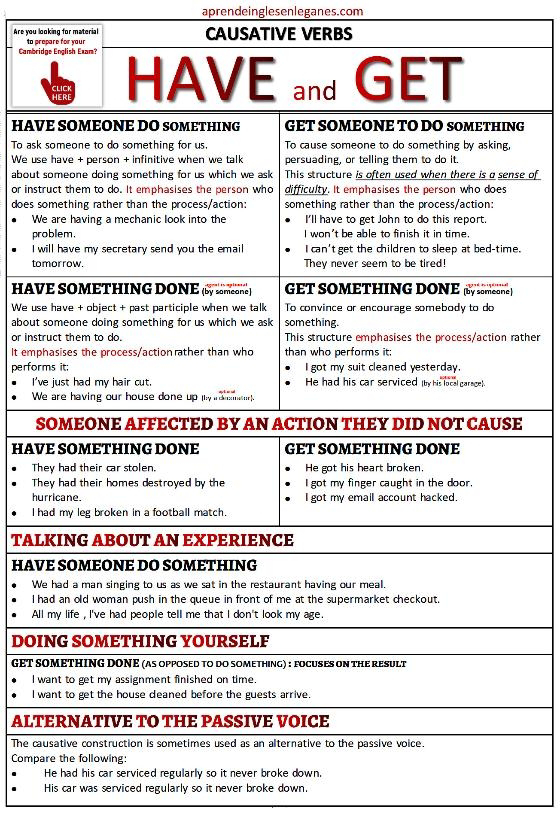FINAL PROJECT

Subject: Barranquilla culture INTRODUCCTION In our project we are going to work on our Barranquilla culture and why we are who we are. Our project is about where we come from, what our traits are like, our behaviors, talking about our ancestors and how they influenced the culture of those who came to us. Because through this topic we can see theidosyncrasy and customs and it helps us to understand it. Because we are cheerful, extroverted, spontaneous and friendly. The Caribbean culture is characterized by the following features: Barranquilleros are extroverted, as for folklore one of the greatest manifestations is the carnival of Barranquilla, its music, dance. DEVELOPMENT Origin of our Caribbean behavior Our origin comes from home, as it is the first school, where we are taught the traditions we learn in the upbringing and education foster and continue to build on our cultural identity but also our customs come from our ancestors Africa, colon...

